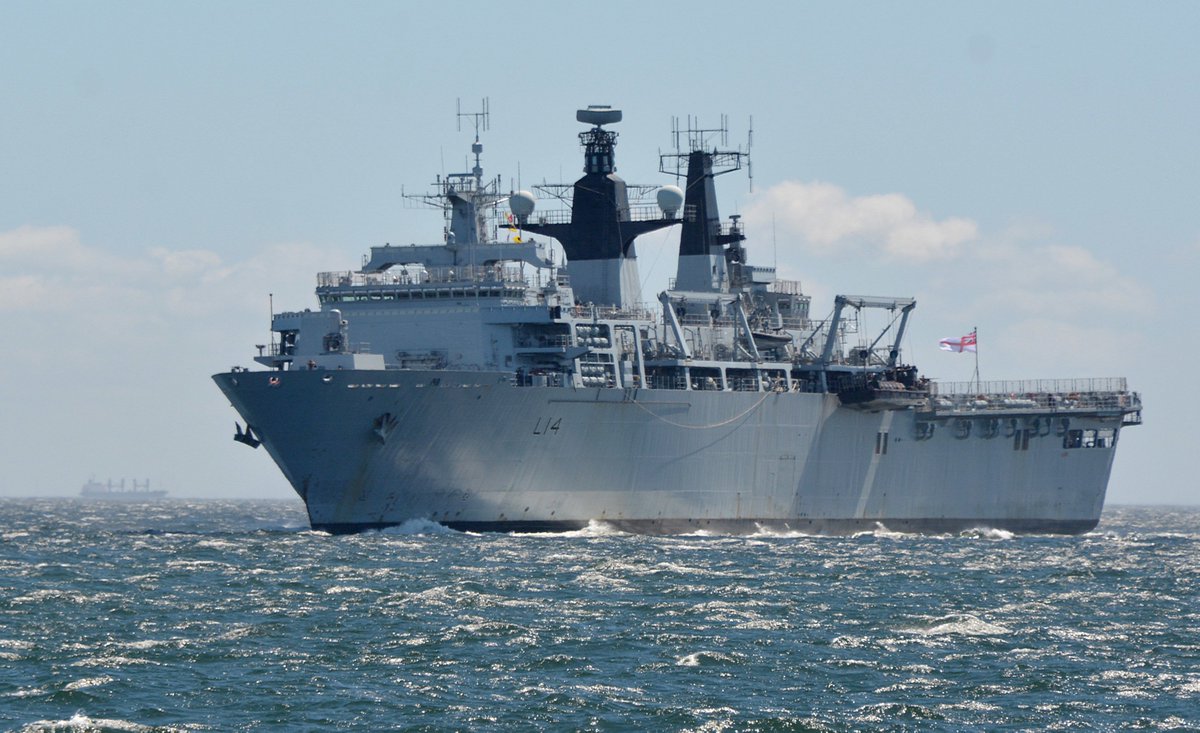Jura The idiot
General
anyway,
South China Sea set to top agenda at Asean defence ministers’ meeting
UPDATED : Sunday, 14 October, 2018, 11:28pm
South China Sea set to top agenda at Asean defence ministers’ meeting
UPDATED : Sunday, 14 October, 2018, 11:28pm
Beijing’s militarisation of disputed waterway has encouraged greater cooperation among regional players and major powers
Long-standing tensions in the South China Sea are expected to come to the fore at a key regional defence meeting in Southeast Asia next week, amid an intensifying strategic clash between China and the US.
Defence ministers from the 10 members of the Association of Southeast Asian Nations (Asean) will gather in Singapore for their 12th annual meeting from Thursday to Saturday, along with their counterparts from China, the United States, Australia, India and Japan.
While observers expect the delegates to find some consensus on less contentious issues such as disaster relief, maritime research and anti-terrorism efforts – including a regional counterterrorism intelligence sharing network advocated by Singapore – they do not expect any concrete progress on core territorial disputes.
The is one of the world’s most strategic waterways and home to several overlapping territorial claims, mostly involving China and regional players like Vietnam, the Philippines and Malaysia, all three of which are members of Asean.
Washington’s growing criticism of Beijing’s militarisation of the waterway is also likely to make it the meeting’s hot topic, especially after US vice-president Mike Pence slammed China’s aggressive behaviour following a on September 30.
“We might see the US reiterate its support for the Indo-Pacific, and to again call out China’s behaviour in the South China Sea,” said Aaron Rabena, an associate fellow at the Philippines Council for Foreign Relations. “As Sino-US tensions build up, Asean will face pressure from two sides.”
US Defence Secretary James Mattis was expected to visit China for two days of talks before the start of the Asean summit, but those plans were cancelled due to rising tensions between the two sides. He will instead spend Tuesday and Wednesday visiting officials in Vietnam.
According to some analysts, Beijing’s activities in the South China Sea have not only heightened concerns among Asean member nations, but also encouraged greater engagement and cooperation in the disputed waters between America’s allies, including Australia, Japan, New Zealand, Britain and France.
“One could expect more robust or substantive discussions at the upcoming defence ministers’ meeting,” said Elena Collinson, a researcher with the Australia-China Relations Institute at the University of Technology in Sydney.
“Any decisions … will take into account each Asean member country’s relationships not only with China but also with the West,” she said.
The summit also comes after in the South China Sea, after more than a decade of negotiations, although analysts said a final deal was unlikely to appear any time soon.
“It’s important to think of the code of conduct as a journey, rather than a destination,” said Bill Hayton, a South China Sea expert and associate fellow at British think tank Chatham House.
“I have no expectations that they’ll make any major announcement on it [at the defence ministers’ meeting]. It will be a nice surprise if they actually kind of agree to anything concrete, frankly.”
Even if the code of conduct was finalised, it would be non-binding, territorial disputes would be outside its purview, and non-signatories would be excluded from intervening in disagreements, said Pooja Bhatt, a research associate at the Centre for Air Power Studies in New Delhi.
“Going by the text, the document itself is not a very strong document as it is,” she said. “Even if it comes to a conclusion, the problems remain the same.”
Beyond the defence ministers’ meeting, China and Asean will stage their inaugural cooperative maritime field drills later this month after conducting table-top exercises in August. Analysts have described the move as a “confidence-building measure” rather than a fundamental strategy shift.
Besides staging joint drills with China, Southeast Asian countries are pursuing closer ties with other major powers, including the US and Japan, to counter Beijing’s influence, while also building up their own military defences, observers said.
“The US-China game is going on … and it’s alarming at the moment,” Bhatt said. “Because of this conflict, other countries are getting scared about their own security, and they’re reacting by building up their own security architecture.
“Overall, it’s an alarming trend. It’s definitely making the region more and more sensitive,” she said.
Beijing has denounced as “illegal provocation” the United States’ freedom of navigation operations in the South China Sea, while France and Britain have also conducted similar exercises in the waterway this year.
“China is a bit rattled about all this attention [on the South China Sea],” Hayton said. “There has been a decision by China to make life more difficult for foreign powers – the level of brinkmanship that Chinese destroyer deployed in front of the American destroyer about a week ago, that was really serious.”
Collinson said that tensions in the waterway had “undoubtedly mounted” in the past year.
“For any real change to be effected in the disputed waters, the same message would need to be conveyed by more than one messenger,” she said. “However, there continues to be a reluctance by countries other than the US to engage in any commitment beyond articulations of ‘serious concern’.
“Being smaller countries, Asean member states would bear the brunt of any conflict in their region.”

